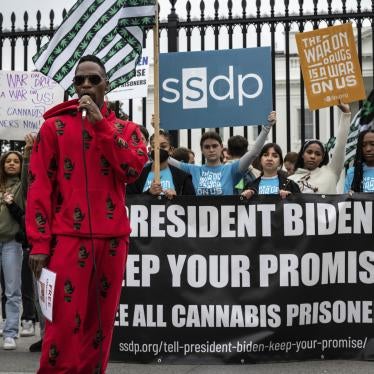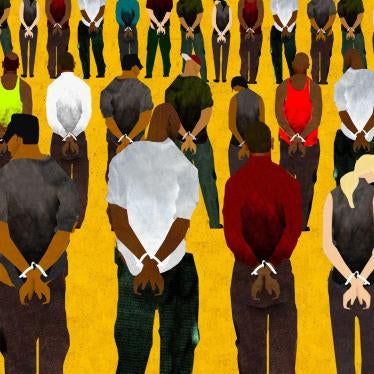On January 1, Colorado became the first state in the United States to allow the regulated sale and use of marijuana for recreational purposes. Washington State will follow soon. It’s too early to tell precisely what impact these legalizations will have on pot consumption or the very profitable illicit markets it has fed in the past. But the fact that these states are exploring alternatives to the disastrous current emphasis on criminalization, and that the federal government is allowing them to do so, is a hopeful sign.
Not, however, according to New York Times columnist David Brooks. In a column today, Brooks complains that legalization fails to address “the moral status of drug use.” Reflecting on his own teenage experiences with marijuana, he concludes that, "moments of uninhibited frolic" notwithstanding, pot smoking “is not a particularly uplifting form of pleasure.”
Yet whether or not marijuana provides an uplifting experience should not be the basis for crafting criminal laws. Personal use and possession of drugs are private behaviors. Criminalizing them entails intruding on human autonomy and privacy rights, and is only legitimate under human rights principles if the actions being criminalized harm others, which personal drug use, in itself, does not.
States have lots of tools at their disposal, short of criminalization, to raise awareness of health risks from drugs—licit and illicit. They can also sanction negligent or dangerous behavior (such as driving) while under the influence. But as with consensual homosexual activity, the fact that some people consider drug use “immoral” doesn’t mean the state should be able to throw people in prison for engaging in it.
Nor is this merely a theoretical discussion: current US federal and state drug policies have had devastating consequences for real people. Surely Brooks does not think he would have benefited from a stint in prison for his marijuana use. Yet too many Americans, disproportionately low-income African-Americans, are arrested for drug offenses, including mere use and possession. If convicted, they frequently serve extremely harsh sentences, and often carry the burden of their criminal records the rest of their lives.
Sorry, but nobody should pay that high a price to uphold someone’s notion of morality.








